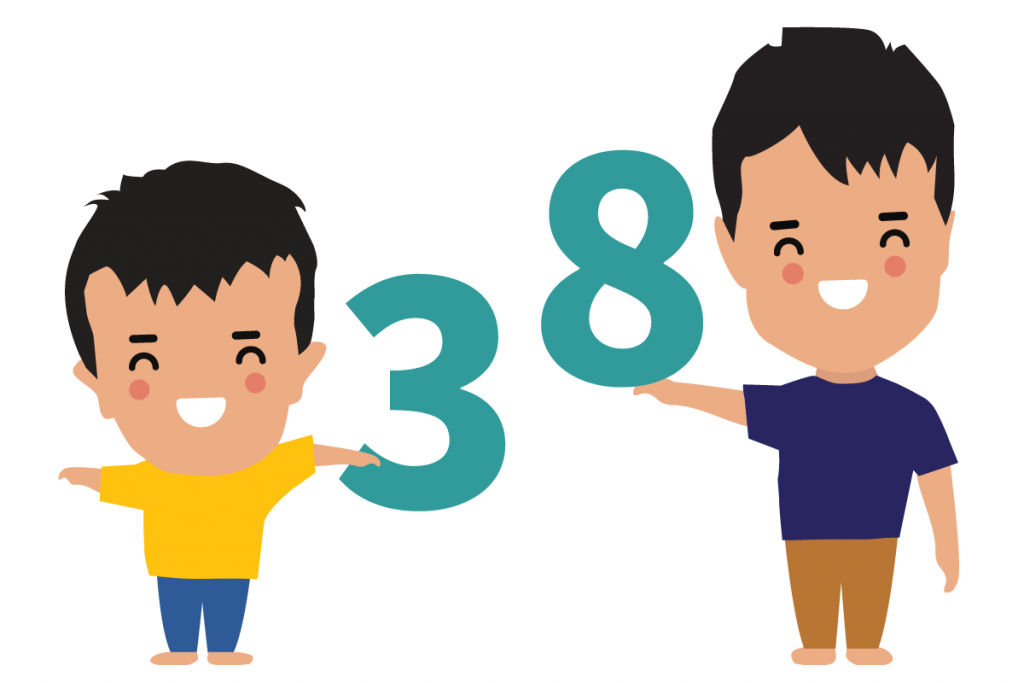Lucky & Unlucky Numbers In Cantonese

Chinese people are generally pretty superstitious. For example, the number 8 is lucky and the number 4 is not. What about the other numbers?
Let’s learn more about the meaning of numbers in Cantonese!
One
一
jat1
It depends on context here.
Most traditional Chinese parents want their children to be number one. But being singled out is also seen as a bad thing in Chinese culture.
Two
二
ji6
Three
三
saam1
It sounds like life 生 (saang1), which means “life” in Cantonese and the opposite of the next number.
Four
四
sei3
This is the unluckiest number in Chinese because it sounds like death 死 (sei2). You won’t see many buildings in Hong Kong with a 4th floor!
Five
五
ng5
It sounds like not 唔 (m4). “Not death” (54) is a good thing, but “not rich” (58) is a bad thing. As you can see, it really depends on how you pair this number.
Six
六
luk6
It sounds like 祿, which is the middle quality of the three taoist gods: blessings 福 (fuk1) / status 祿 (luk6 )/ longevity 壽 (sau6 ). 祿 is a top pick for business people.
Seven
七
cat1
Eight
八
baat3
This is the most well-known Chinese lucky number. It sounds like prosperity 發 ( faat3). The character for double happiness 囍 (hei2) also looks like two 8’s.
Nine
九
gau2
This sounds like longevity 久 ( gau2), another lucky number. This word is often used to wish newlyweds a lifetime together on their wedding day.
Even if you’re not superstitious, picking the wrong numbers might not be that great. For example, if you live in an area with a lot of Chinese people, it might be much harder to sell a house with a number four in it.
The good news is that it looks like there are more lucky numbers than bad ones. As your Chinese vocabulary grows, it gets easier to tell if a number or set of numbers is lucky or not. Finally, when you don’t know what to do, you can’t go wrong by putting 3’s and 8’s together!
